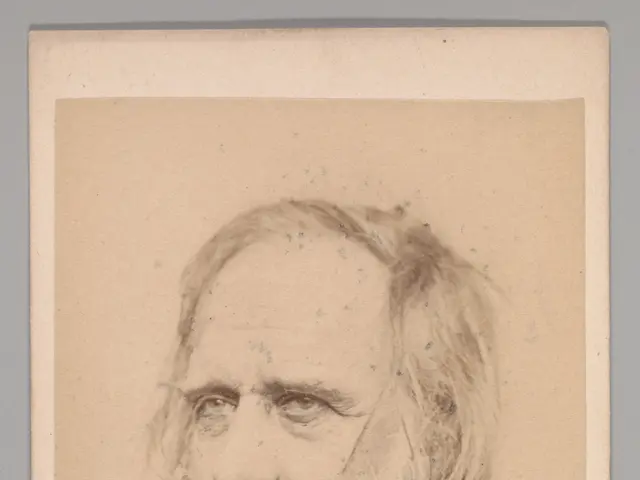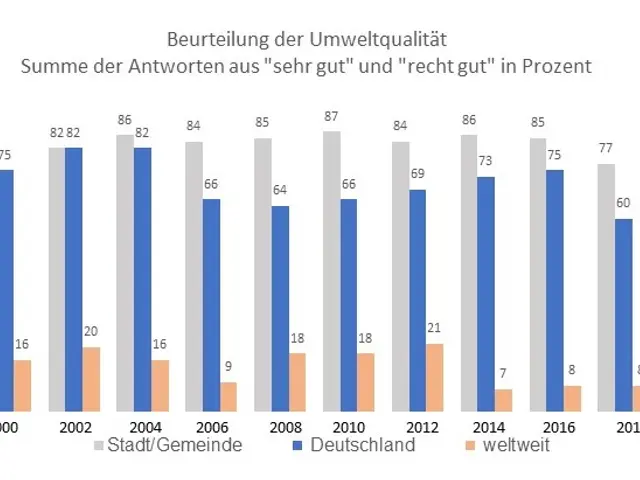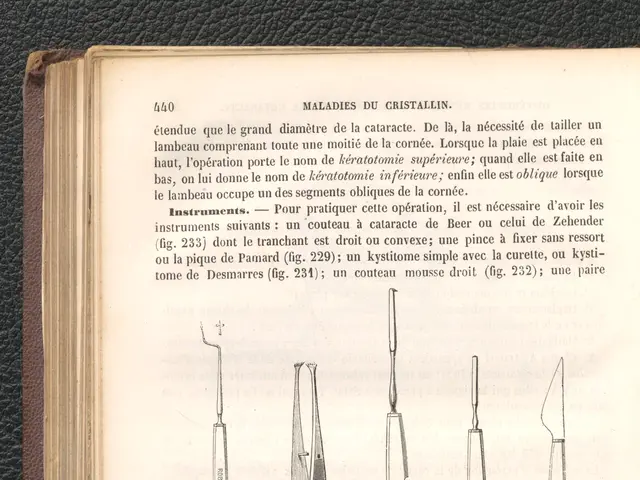Groundbreaking Study Aims to Unravel Secrets of Vivid Memories
A groundbreaking study is underway to unravel the mysteries of vivid memories. Led by the Sigmund Freud Private University (SFU) in Vienna, the project aims to understand why certain moments remain as fresh in our minds as the day they happened. The research, a collaboration between the Universities of Cambridge and Durham, will analyze thousands of memory descriptions using AI tools to detect patterns in emotional, sensory, and narrative details.
The study, open to participants of all ages and backgrounds, seeks to create a representative database of vivid memories. By analyzing these memories, researchers hope to inform future pharmaceutical treatments and therapeutic interventions for memory problems. The project's ultimate goal is to revolutionize our understanding of memory and potentially develop new treatments for memory loss.
Machine learning will be employed to identify recurring patterns in memories with the greatest detail. The team aims to understand how vivid memories differ from person to person, evolve with age, and change across centuries. By combining cognitive neuroscience with literary analysis, the project seeks to redefine what makes a memory 'vivid'. Participants are invited to describe two of their most vivid memories via an online survey.
The SFU-led project, in collaboration with the Universities of Cambridge and Durham, is poised to shed new light on the intricacies of vivid memories. By analyzing thousands of memory descriptions using AI tools, the study could inform future treatments for memory problems and redefine our understanding of what makes a memory 'vivid'. The findings may have significant implications for the field of memory research and beyond.






